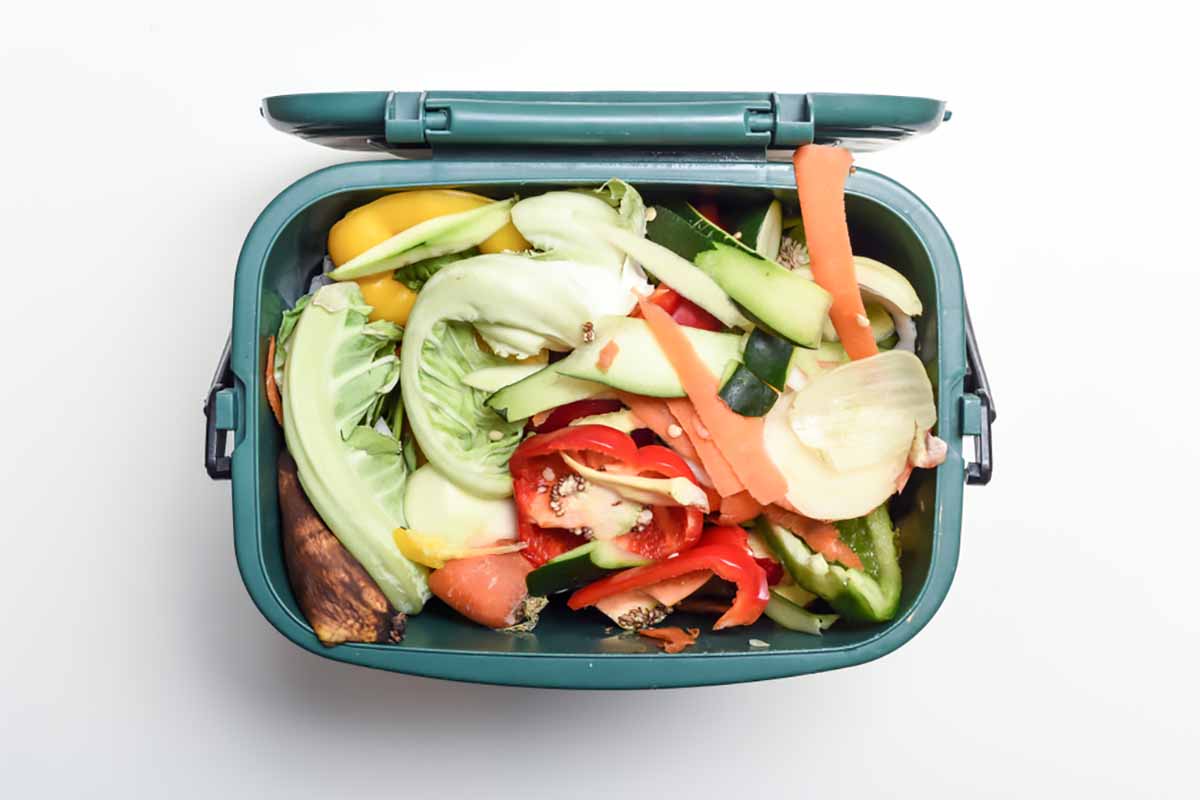
Recycling industry players used the backdrop of the United Nations COP28 to make announcements. | Thomas Holt/Shutterstock
With leaders from around the world gathered to discuss climate change and action at COP28, the recycling industry is chiming in with its expertise and new goals.
The 28th meeting of the Conference of the Parties to the United Nations Climate Change Conference (COP 28) is taking place in Dubai, United Arab Emirates, from Nov. 30 through Dec. 12. The focus is broad, with discussions taking place on every aspect of climate change.
Aluminum can goals
One outcome so far has been the aluminum and can industry setting a collective goal of recycling nearly 100% of aluminum beverage cans by 2050.
Aluminum producers, recyclers, rolling mills, can makers and industry associations all agreed to the goal, including Emirates Global Aluminium, the Australian Aluminium Council, the U.S. Aluminum Association, Ardagh Metal Packaging, the Aluminium Association of Canada, the Can Manufacturers Institute, European Aluminium, Ball Corporation, Crown Holdings, Novelis, Japan Aluminium Association and many others.
A press release called for greater commitment from national governments and the aluminum beverage can value chain industry to hit an 80% recycling target by 2030 and near 100% by 2050.
Actions for governments to take include establishing national and/or state-level recycling targets for used beverage cans (UBCs), creating policies to help achieve those targets and improve quality, and collecting and publishing data on recovery rates to monitor progress, the press release noted.
Companies and the industry need to scale up existing recycling capacity, track the global recycling rate, support “smart policies” to improve collection and recycling, and prioritize can-to-can recycling, the press release added.
Kristen King, director of sustainability at Ardagh, said “collectively, we can successfully recycle more cans, leading to more energy saved, fewer greenhouse gas emissions and increased revenue to help strengthen the circular economy.”
Sandrine Duquerroy-Delesalle, director of sustainability and external affairs at Crown Holdings, added that “it is no longer enough to simply speak about solutions and their potential – it is time for us to take actionable steps including establishing and advocating for effective, ambitious government policies around aluminum beverage can collection, as well as aiming to enhance the quality of collected cans.”
“Without a strong policy framework, we cannot properly benefit from the circular potentials of the aluminum beverage can and achieve our industry decarbonization goals,” she said. “This push for policy is among our goals at COP28 and beyond; we call on national government and our peers at this forum to mobilize with us and see what we can accomplish.”
U.S. strategy on reducing food waste
The U.S. EPA also released its draft national strategy on reducing food waste in conjunction with COP28. In 2015, the EPA and the U.S. Department of Agriculture set a national goal of reducing food loss and waste by 50% by 2030.
“The goal of the strategy is to prevent the loss and waste of food and increase recycling of organic materials, reduce greenhouse gas emissions, save households and businesses money and build cleaner communities,” a press release noted.
The four main objectives are to prevent the loss of food where possible, prevent the waste of food where possible, increase the recycling rate for all organics, and to support policies that incentivize and encourage food loss and waste prevention and organics recycling.
The strategy also addresses the following seven key challenges: limited outreach and education, limited fundamental research funding, the need for collaboration, obstacles facing underserved communities, insufficient infrastructure and planning, the need to expand the organics recycling market, and obstacles to estimating food loss and waste and tracking progress.
For organics recycling specifically, the draft strategy noted the EPA plans to support the development of additional organics recycling infrastructure through grants and other assistance; help expand the market for products made from recycled organics; work toward de-centralized organics recycling, which means more community-scale and home composting; address contamination; and build and share tools and data to help with decision-making about infrastructure investments.
The EPA is taking public comments on the draft strategy through Jan. 4, 2024. Comments can be submitted at Regulations.gov, Docket ID No. EPA-HQ-OLEM-2022-0415. It plans to begin implementation of the final strategy in 2024.

